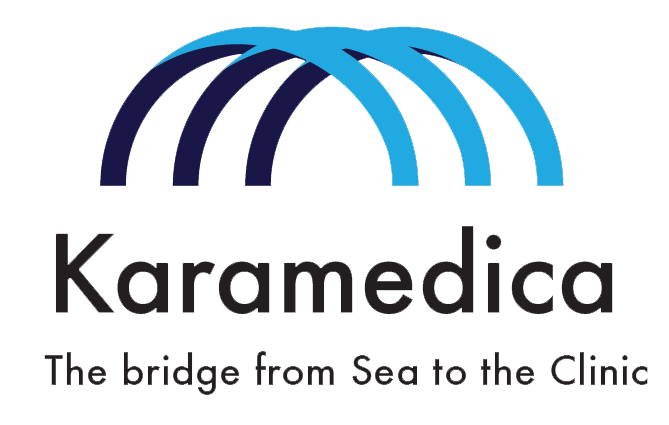SEPTEMBER 2021
Four members of the Karamedica team recently published “Depyrogenation using plasmas: A novel approach for endotoxin deactivation using a dielectric barrier discharge at atmospheric pressure” in Plasma Processes and Polymers.” Karamedica continues to actively work with its partners at North Carolina State University to improve our proprietary plasma treatment process in order to reduce bioburden and endotoxins in chitosan and other biopolymers.
DECEMBER 2020
Karamedica, Inc. recently received a $2.5 million Small Business Innovative Research (SBIR) Phase II grant from the National Institute on Aging to continue developing a microparticle therapy for treating cerebral amyloid angiopathy (CAA), a condition responsible for inflicting significant neurologic damage and afflicting greater than 85% of Alzheimer’s patients. The grant builds on Karamedica’s nose-to-brain delivery system that was validated in the Phase I SBIR proof-of-concept studies using mouse models of CAA. Karamedica’s CAA therapy consists of “smart” microparticles made from chitosan, which is derived from chitin, a biopolymer obtained commercially from crustacean shells.
NOVEMBER 2019
Three of Karamedica, Inc.’s co-founders recently published “Evaluation of a Chitosan Hemostat in a Porcine Laparoscopic Partial Nephrectomy Model: A Pilot Study” in the peer-reviewed Journal of Endourology, the official journal of the Endourological Society. The paper was featured on the cover of the journal and was accompanied by an editorial comment from a highly-regarded urologist. The study highlights the potential clinical benefits of plasma sterilized chitosan in achieving hemostasis in urologic surgery. Karamedica continues to improve its plasma treatment processes and is now treating batches of chitosan for use in biomedical research.
MAY 2018
Karamedica, Inc. received a Small Business Innovative Research (SBIR) grant from the National Institute of Aging in May, 2018 to develop a nanoparticle therapy for cerebral amyloid angiopathy. The aims of the project are to demonstrate the efficacy of “smart” nanoparticles in targeting cells in the blood vessels of the brain and preventing attack of these cells by the body’s immune system. The nanoparticles are made of a biological material called chitosan that is found in the shells of shrimps and crabs. Karamedica’s chitosan nanoparticles will prevent injuries to the cells of the brain’s blood vessels by triggering them to begin producing a natural inhibitor of the damaging products formed by the immune system.

